Formation of GBV-desks a step in right direction, but NGOs, BUSA express skepticism about presidential summit
Formation of GBV-desks a step in right direction, but NGOs, BUSA express skepticism about presidential summit
The formation of gender-based violence desks at 1017 police stations to improve accountability and performances, is a step in the right direction, yet serious skepticism about the second presidential summit at the Gallagher Estate in Midrand was expressed by representatives of civil society and even Business Unity South Africa (BUSA).
Tebello Mosikili, deputy national commissioner of the South African Police Service, said at the summit one of the key deliverables is to enhance accountability and organizational performance at police stations.
The GBV desk guidelines and the implementation plan for them were approved in July and an audit is under way to assess the functionality of GBV desks with the view of identifying challenges and enhancing the performance. Designated victim-friendly rooms are available at 1017 police stations to ensure statements are taken in private to protect the dignity of survivors, said Mosikili. She said that alternative arrangements are made for survivors in the absence of these rooms.[Tina Thiart] 1000 Women Trust are concerned about the STAFF that will manage the Victim-friendly rooms. We propose that the police work with the Community Organisations that every day work with GBV survivors, a partnership with the many Trauma Volunteers that received GBV Training during the past three years. WE incite the police to talk to 1000 Women Trust and other NPO’s working on GBV in the Communities.
Historically, the abject failure by the police – especially in rural areas – to attend effectively to gender-based violence complaints by women is one of the main reasons why the conviction rate of abusers are so low.
It has been highlighted by facilitators of #HearMeToo-groups of 1000 Women Trust, who pointed out that survivors of GBV are mostly dismissed, slighted, turned away or offended when they approach police officers at stations.
That, as well as the fact that perpetrators of gender-based violence are granted bail when they should have been denied that privilege, explains why between 4 and 8 % or offenders are successfully convicted of sexual offences.
1000 Women Trust and other NGOs will monitor whether Mosikili only pays lip-service to improved service delivery by the Police.[Tina Thiart] We do not have the appetite for lip service, We need to see that police meet the targets they set
Many NGOs and even BUSA expressed their skepticism about the second presidential summit.
Jahni de Villiers, vice chairperson of the social policy department at BUSA, said the private sector would love to be involved in the fight against GBV but is not involved right now.
“We are willing and have the abilities and the capacity and the resources, and want to work with government and civil society to address the issues we face. But there is lack of coordination from government.
She said BUSA don’t trust government with the funs except if they are intimately involved with how the funds are utilized.[Tina Thiart] 1000 Women Trust research of the funding made available to Civil society shows that only R35 million was donated to 100 Organisations. Most of the R100 million collected from Companies are still with the GBV Response fund. Many conferences as paid for but the many Organisations that use to receive funding from businesses are now not receiving support.
Action SA director Ian Cameron said the second presidential summit against gender-based violence is a smokescreen for South African government uselessness.
He said a couple of weeks ago Mia Botha, a 4-year old girl was murdered in Paarl. Since then there has been no feedback by the police and no arrests made.
He said the second summit is full of sugar-coated lies, especially as there had been made three or four promises that the DNA-backlog would be resolved. The minister of police, Bheki Cele, missed another deadline in October that the backlog would be resolved, and has now promised it would be happening in January.
Cameron said the government is full of corrupt politicians who are incompetent in what they do.
Civil society has on several occasions tried to engage government in positive discussions and made recommendations to government with regards to gender-based violence, but it was not implemented.
National government does not care about GBV and yet that is why there are still 120 women raped every day, he said.
Bronwyn Litkie, founder of SA Women Fight Back, called on improved proper training and a victim support system at Police stations. She said reports have long surfaced that most survivors of gender-based violence are turned back when reporting cases in police stations across the country. Government’s efforts in fighting gender-based violence are just another mere talk shop.
President Cyril Ramaphosa said provincial departments must submit monthly reports about what they are each doing to combat gender-based violence and femicide. He admitted it happened only sporadically.
He promised to ensure that the reports on interventions and actions will be adhered to monthly.
“I will ensure that the inter-ministerial committee continues to enforce the implementation of the national strategic plan across governments and that there are regular reporting,” he said.
He also called for a support program that will be rolled out especially in schools to teach young men to redefine masculinity.
Facilitators of 1000 Women Trust’s #HearMeToo-groups have pointed out that men in communities predominantly treat women as inferior and as their possessions.
1000 Women Trust launched a national campaign in 2020 called #MakeTime to implore men and women to invest time to share the important values with their sons about gender equality, non-violence and respect for women and girls.
When the Trust approached government to roll it out at schools, the director Tina Thiart was told government did not have the necessary budget to implement it.[Tina Thiart] according to Government they only fund direct services. This sounds like they will fund more Government Departments that are unable to deliver.
The inability of government to adequately roll out programs to transform patriarchal values by men with regards to women is one of the greatest tragedies of the past two decades. The failure of government to grasp this and to act urgently by implementing a program at primary and secondary schools throughout South Africa to teach boys the importance of gender equality and non-violence, contributes hugely to the first pandemic of GBV.
Ishmail Mamoniat of the treasury said the treasury will allocate R13 billion to different government departments and programs to fight GBV.[Tina Thiart] We are very concerned about the funding going to Government Departments and very little being said about the funding to Shelters and NPO’s who work hard in communities, who have SOLUTIONS and who can strengthen the Goverments ability to deliver the much needed services to GBV survivors.
At the summit which takes place under the theme “Accountability, Acceleration and Amplification, NOW”, Momoniat explained that the R13 billion may not be enough because of the scale of GBV.
1000 Women Trust is a registered trust focusing on [Tina Thiart] (fundraising and [Tina Thiart] – please remove this) creating awareness for domestic and gender-based violence and abuse. If women have access to knowledge, skills and resources, they will find their own solutions to combat violence against women and girls. The Trust is committed to end GBV and femicide in society by empowering, inspiring, educating and equipping women and girls through various projects, grants and training initiatives.
For more information, visit 1000 Women Trust on www.1000women.co.za or email the Trust at info@1000women.co.za.
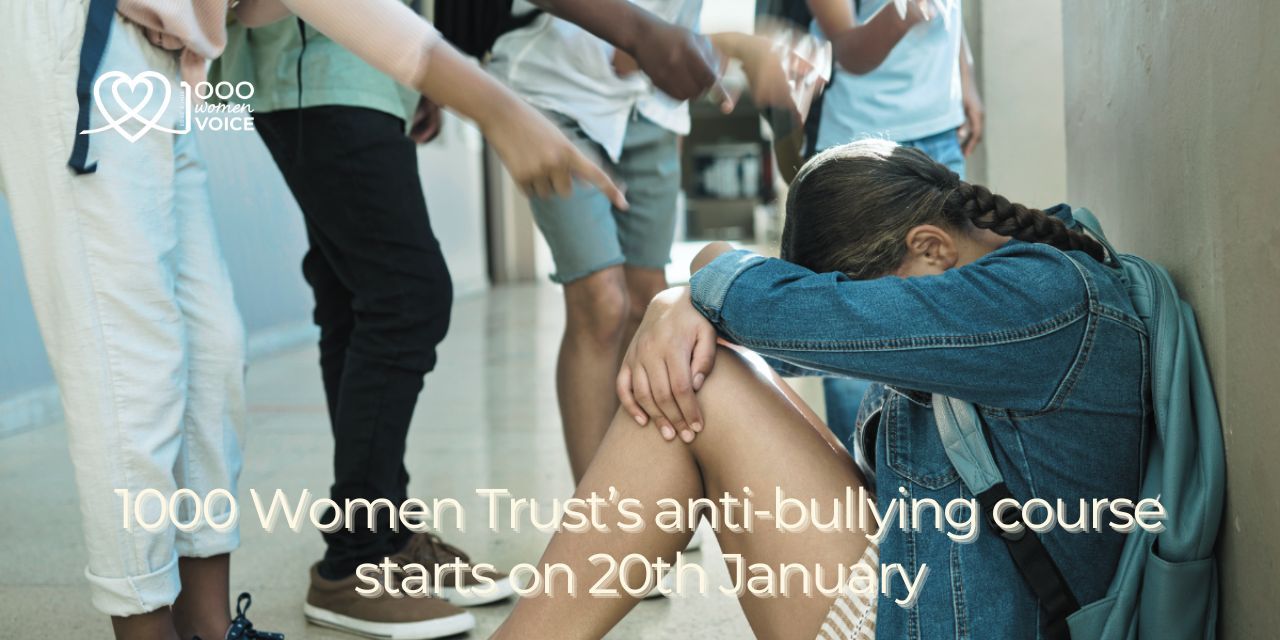
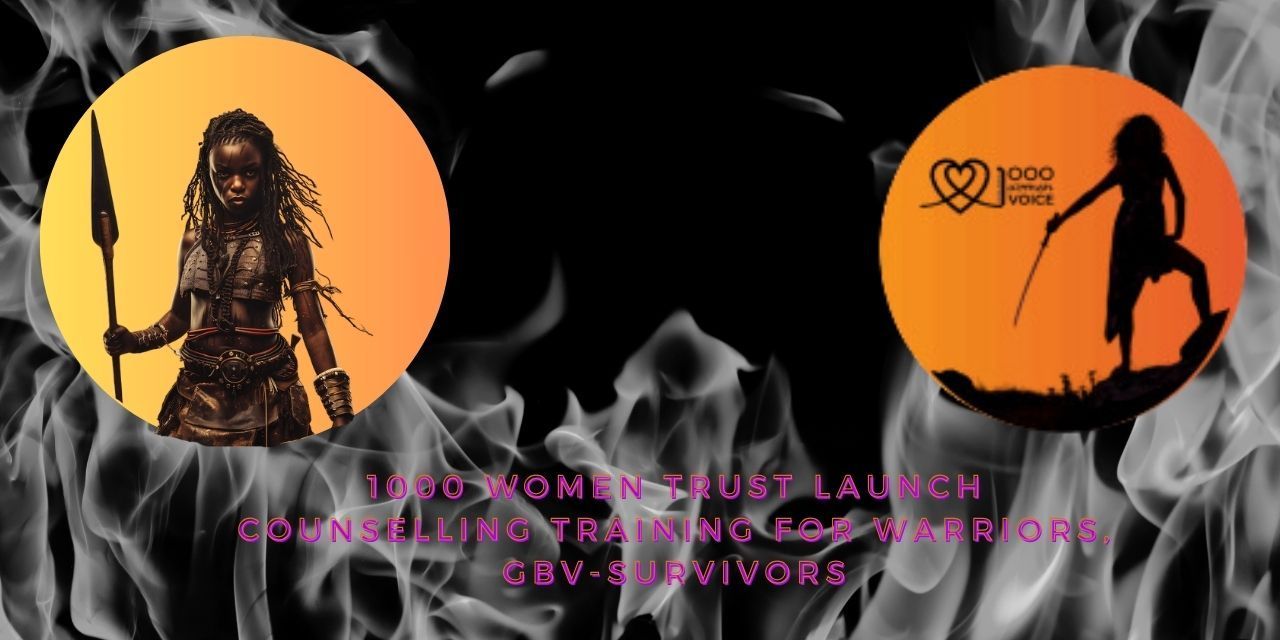
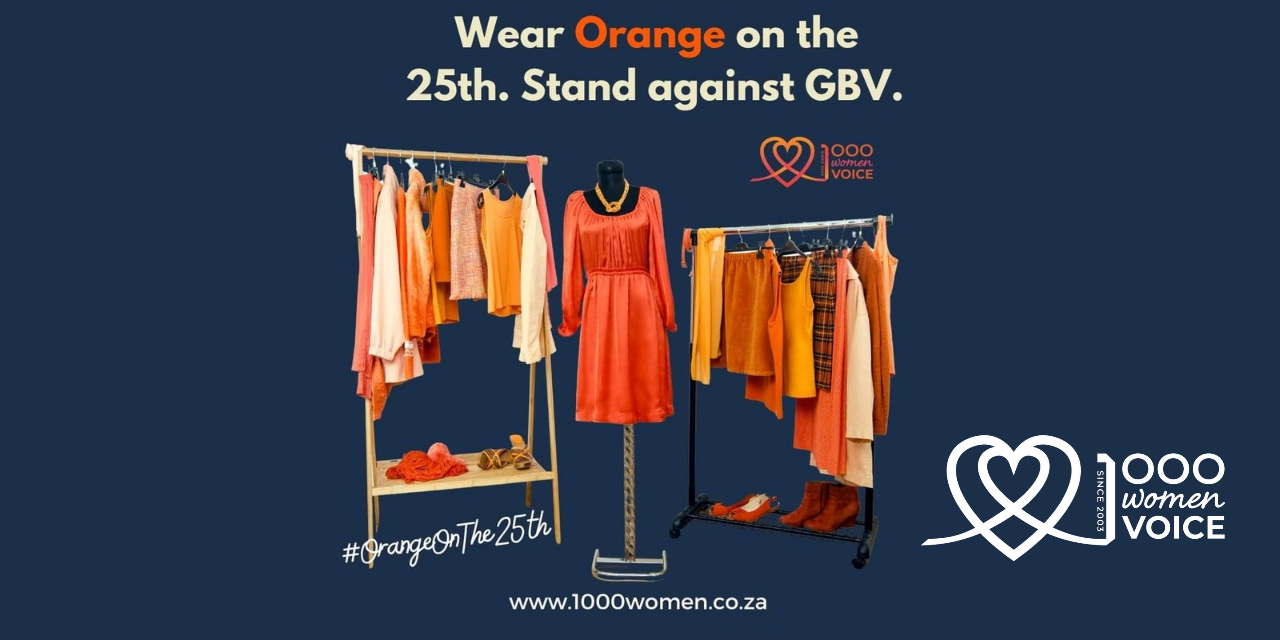
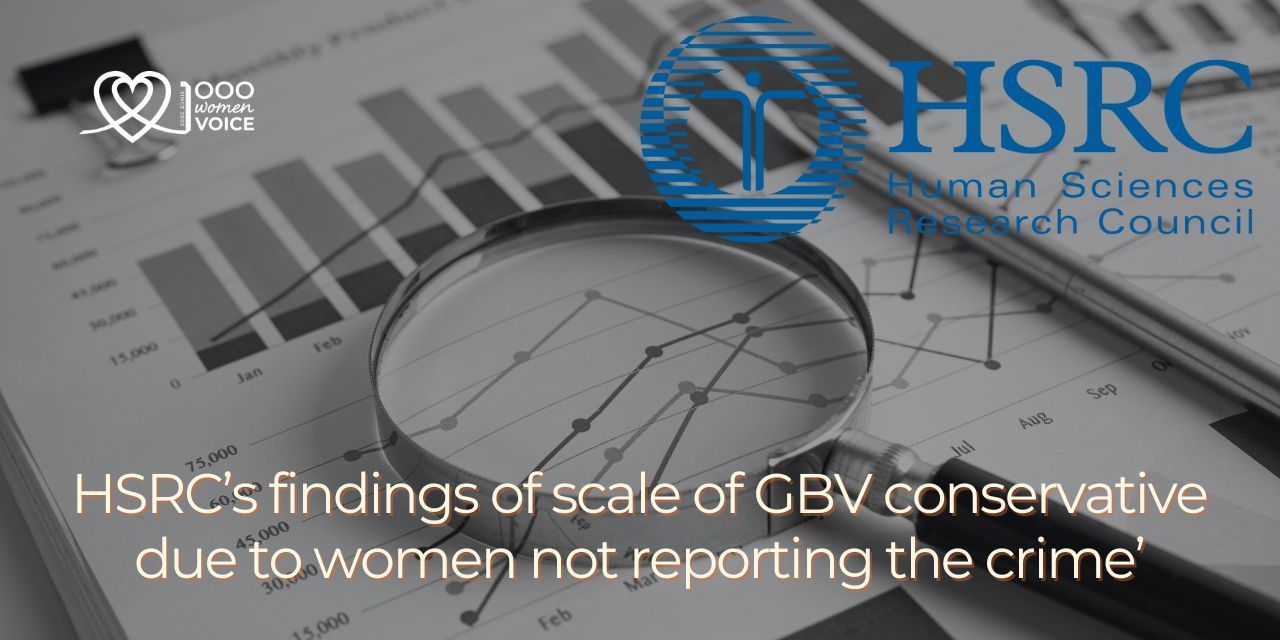
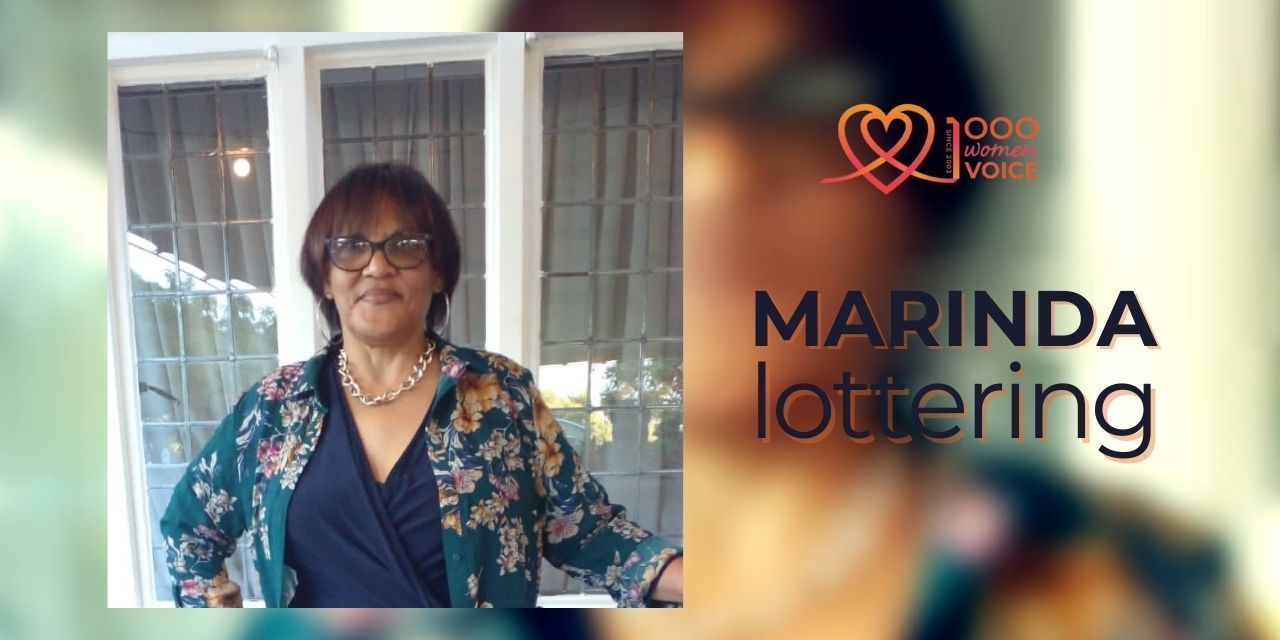

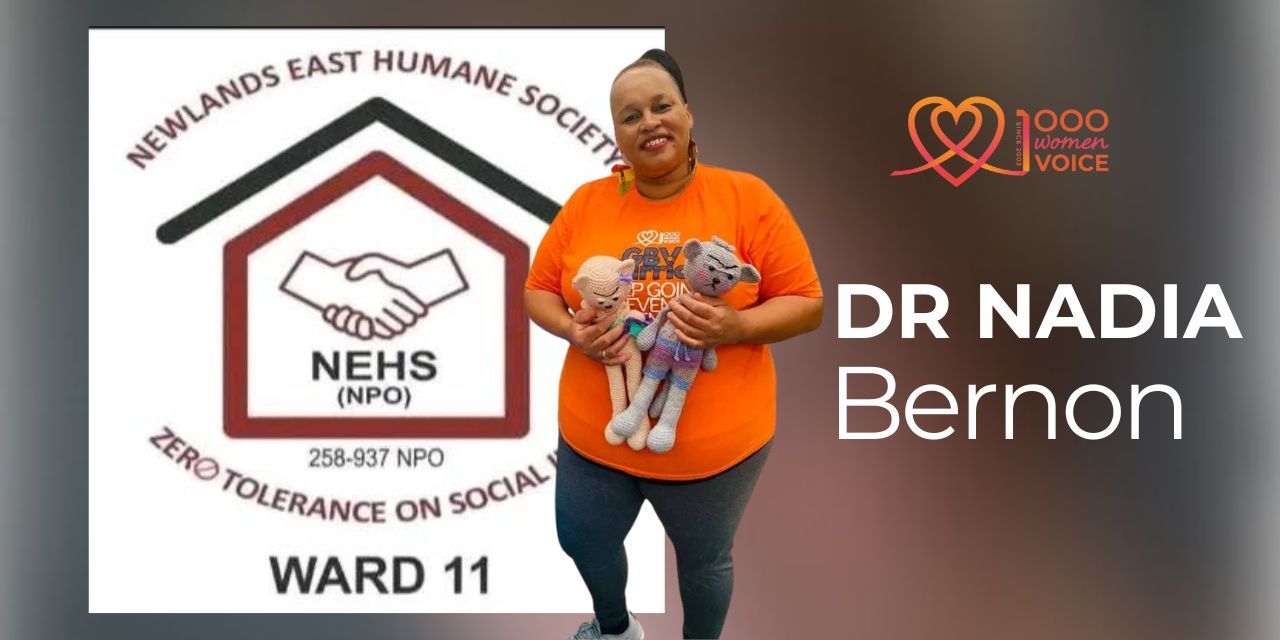
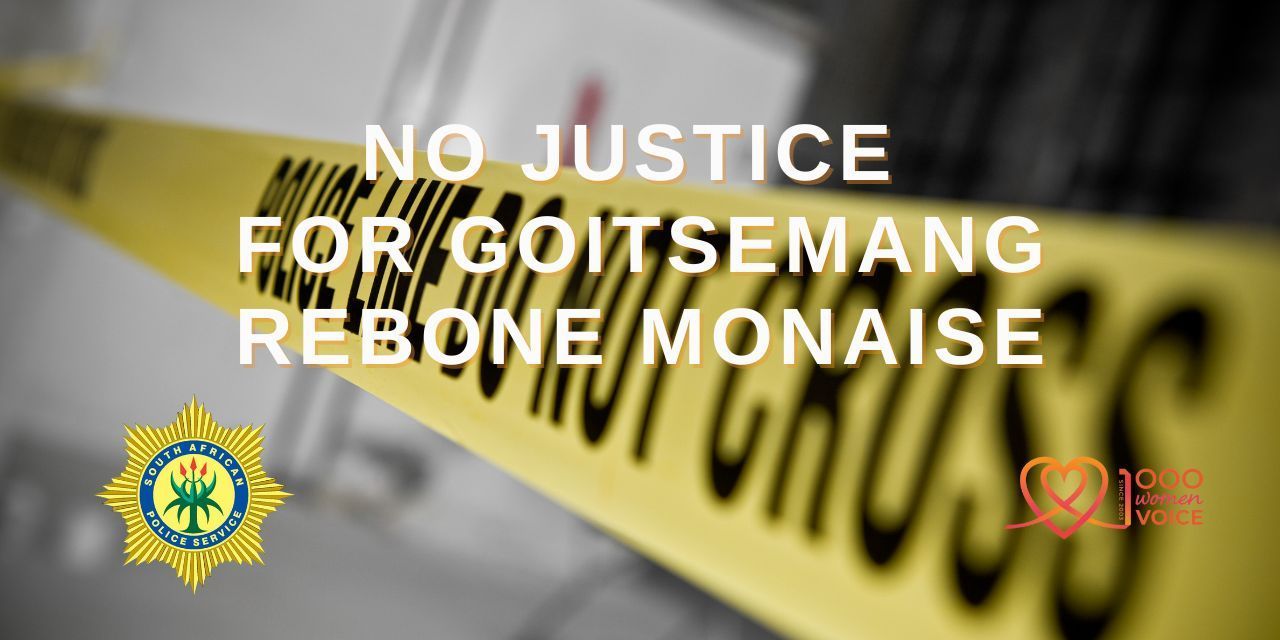
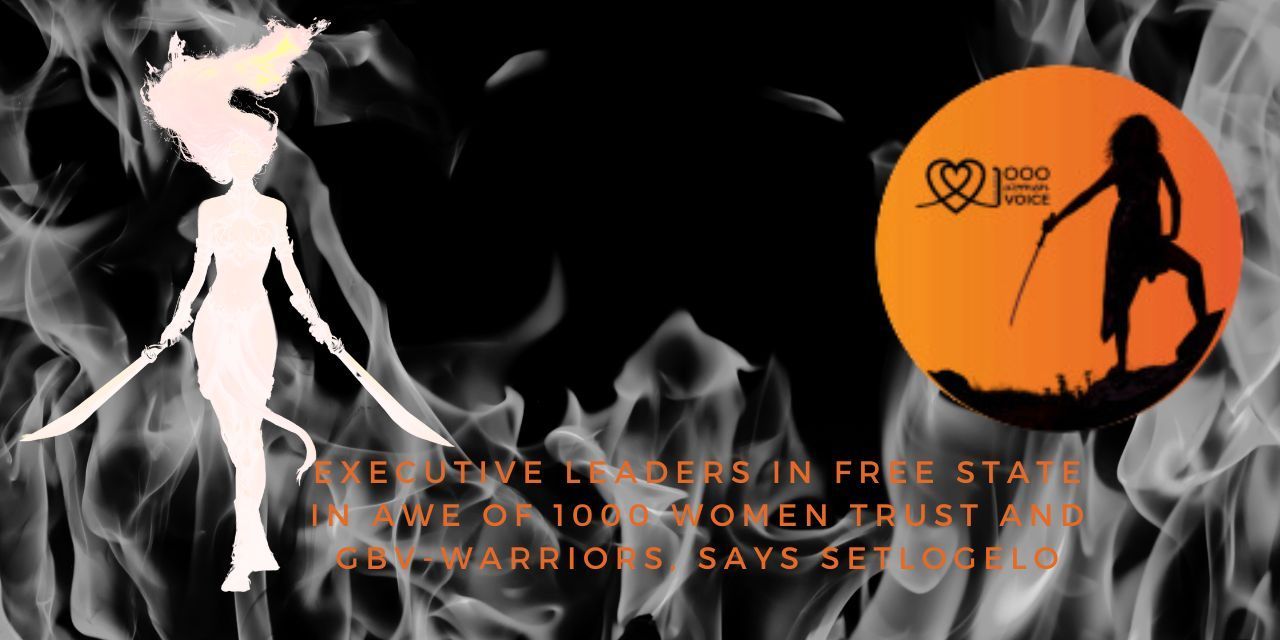
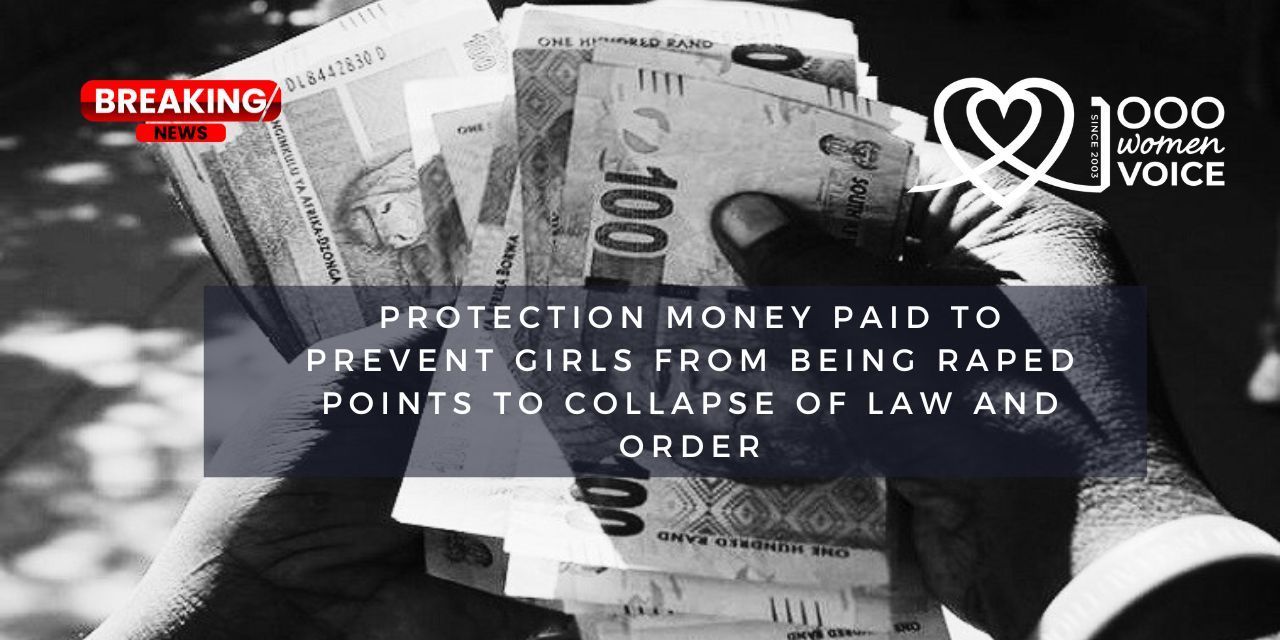

Follow us
Follow us on social media and stay connected!
Click to subscribe to our newsletter.
Contact Us
The 1000 Women Trust
Registered Trust South Africa (IT738/2014)
NPO REGISTRATION NO: 163-132 NPO
PBO NO: 930 051 359
Follow Us
Follow us
Follow us on social media and stay connected!
© Copyright 2023| All Rights Reserved. Designed by Ludet Digital for The 1000 Women Trust
Contact Us
Office 108B
Valyland Centre, Ivanhoe Rd, Fish Hoek, Cape Town, 7974
Info@1000women.co.za
+27 61 469 0479
Office 108B
Valyland Centre, Ivanhoe Rd, Fish Hoek, Cape Town, 7974
Info@1000women.co.za
0614690479

The 1000 Women Trust
Registered Trust South Africa (IT738/2014)
NPO REGISTRATION NO: 163-132 NPO
PBO NO: 930 051 359
© Copyright 2023| All Rights Reserved. Designed by Ludet Digital for The 1000 Women Trust
